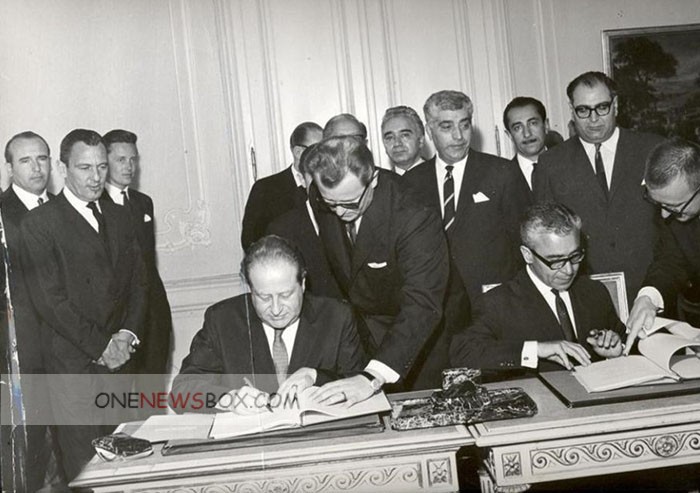The effect can be particularly strong when wars or civil disorders lead to extended interruptions in supply. In the 1970s, restrictions in oil production led to a dramatic rise in oil prices and in the revenue and wealth of OPEC, with long-lasting and far-reaching consequences for the global economy.
In the 1960s, OPEC worked to increase the share of profits that oil-producing countries received from multinational companies. One significant early achievement was the 1962 Tehran Conference, where member nations discussed methods to adjust production quotas and improve revenue sharing. These efforts laid the groundwork for future actions that would significantly reshape the global oil market.

